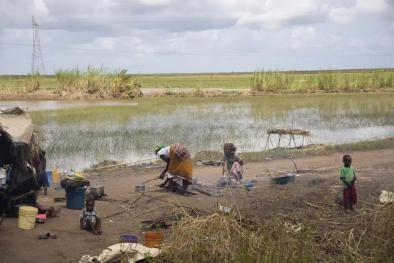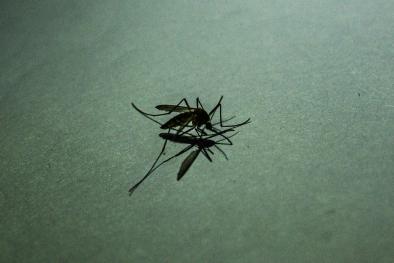Science Source
Dengue burden in India: recent trends and importance of climatic parameters
- States that, for the past ten years, the number of dengue cases has gradually increased in India
- States that dengue is driven by complex interactions among host, vector and virus that are influenced by climatic factors
- Focuses on the extrinsic incubation period (EIP) and its variability in different climatic zones of India
- Calculates EIP by using daily and monthly mean temperatures for the states of Punjab, Haryana, Gujarat, Rajasthan and Kerala
- Finds that, among the studied states, a faster/low EIP in Kerala (8–15 days at 30.8 and 23.4 °C) and a generally slower/high EIP in Punjab (5.6–96.5 days at 35 and 0 °C) were simulated with daily temperatures
- Observes a significant association between dengue cases and precipitation
- Results suggest that temperature is important in virus development in different climatic regions and may be useful in understanding spatio-temporal variations in dengue risk
Related Content
Headline

Apr 4, 2023 | AP
Waterborne Diseases Flourish In Freddy Aftermath
Headline

Feb 16, 2023 | Climate Nexus Hot News
Malarial Mosquitos' Territory Expands As Climate Warms
Science Source
| Nature Climate Change
Over Half of Known Human Pathogenic Diseases Can Be Aggravated by Climate Change
Mora, C., McKenzie et al
Headline

Jun 30, 2022 | AP
Climate change means more mice, demand for pest control


